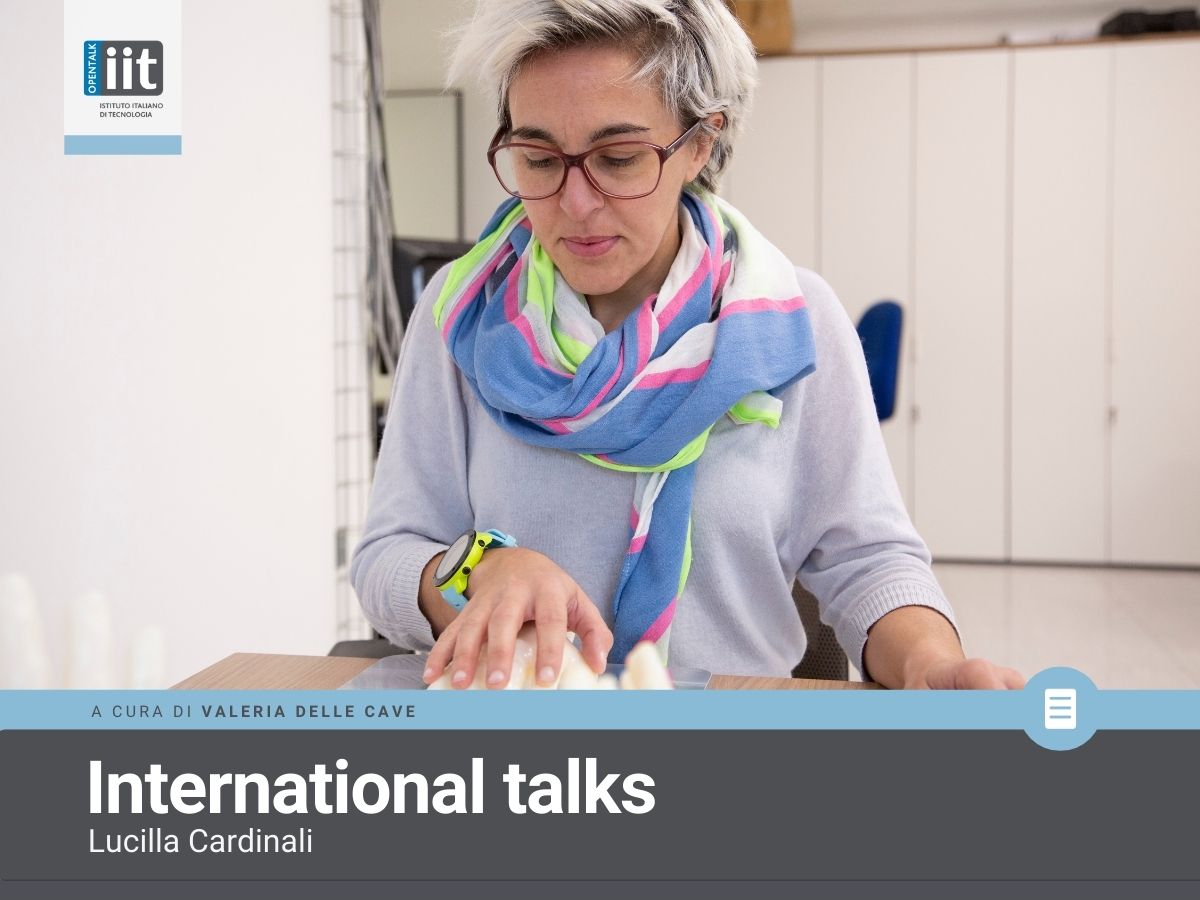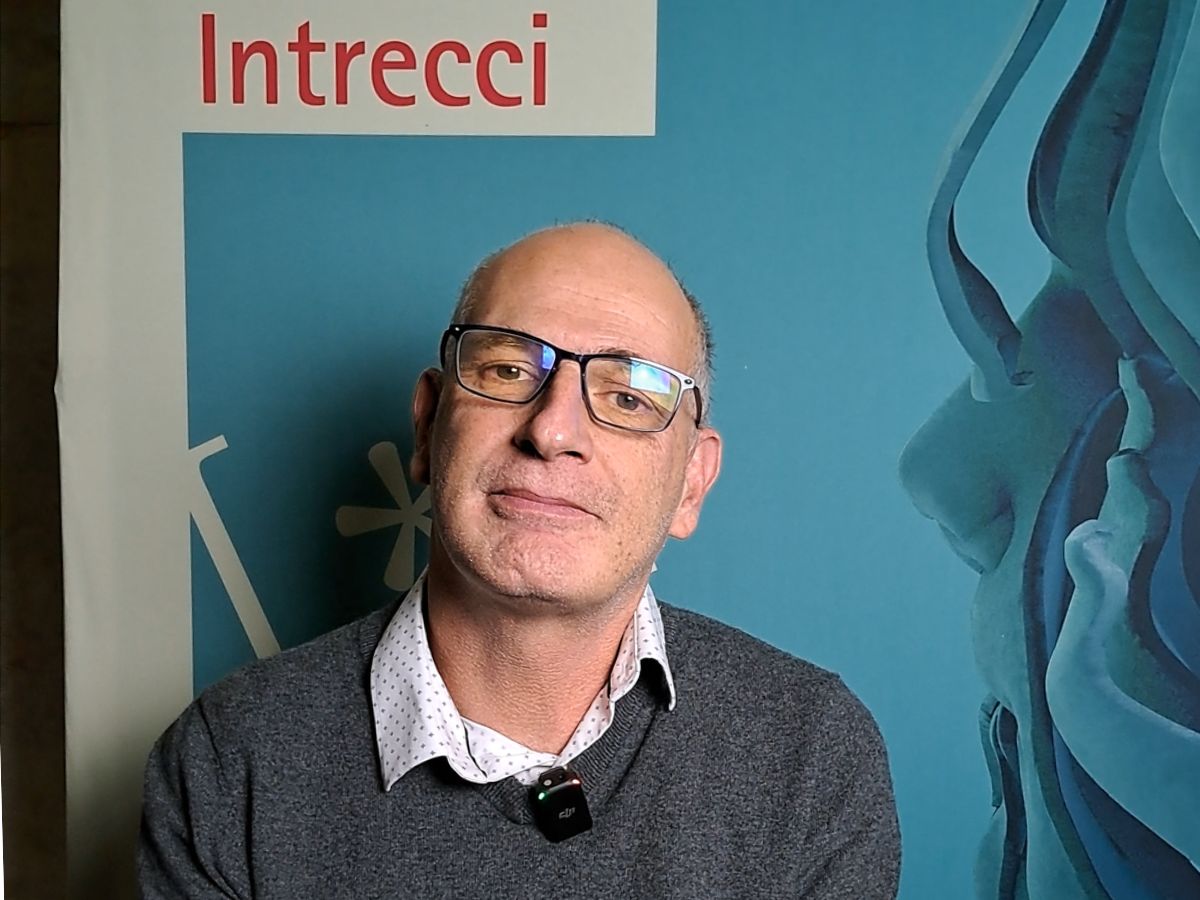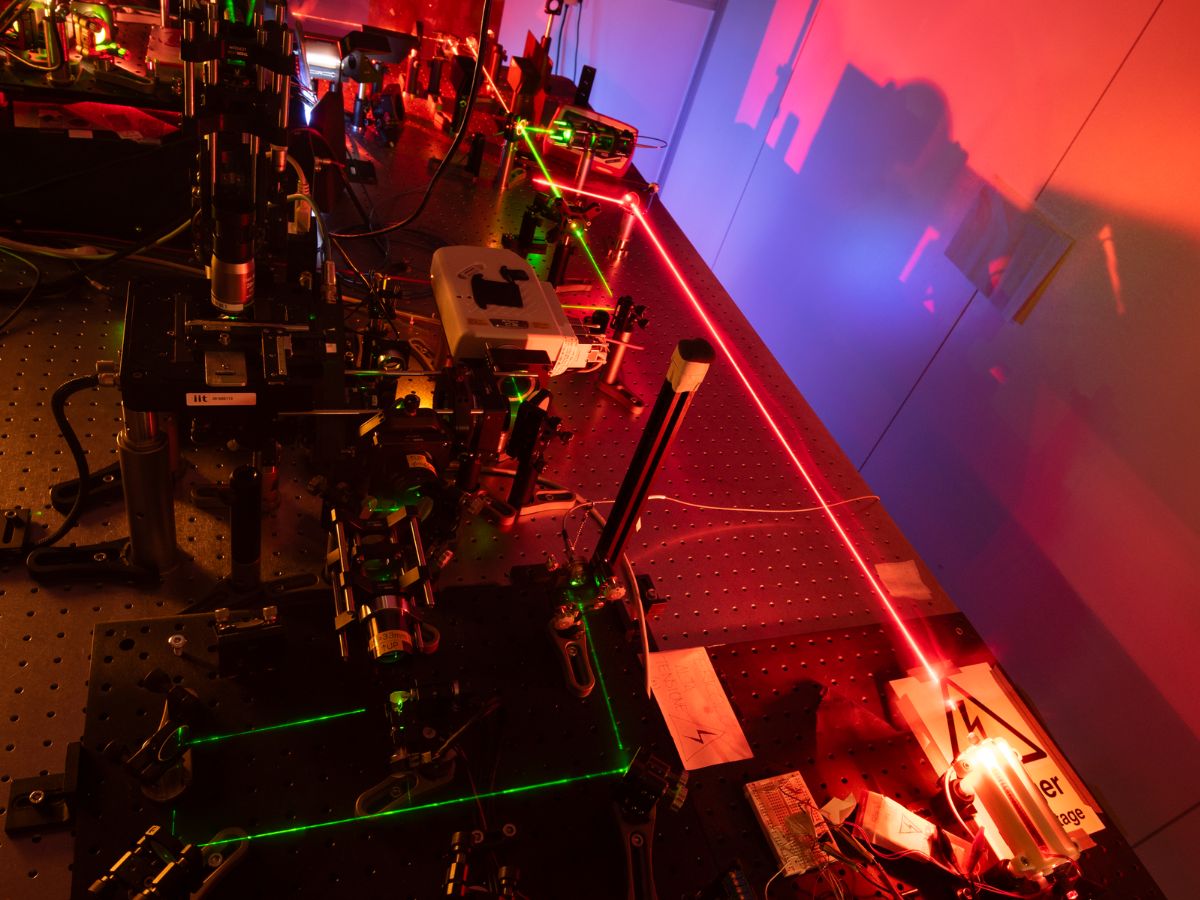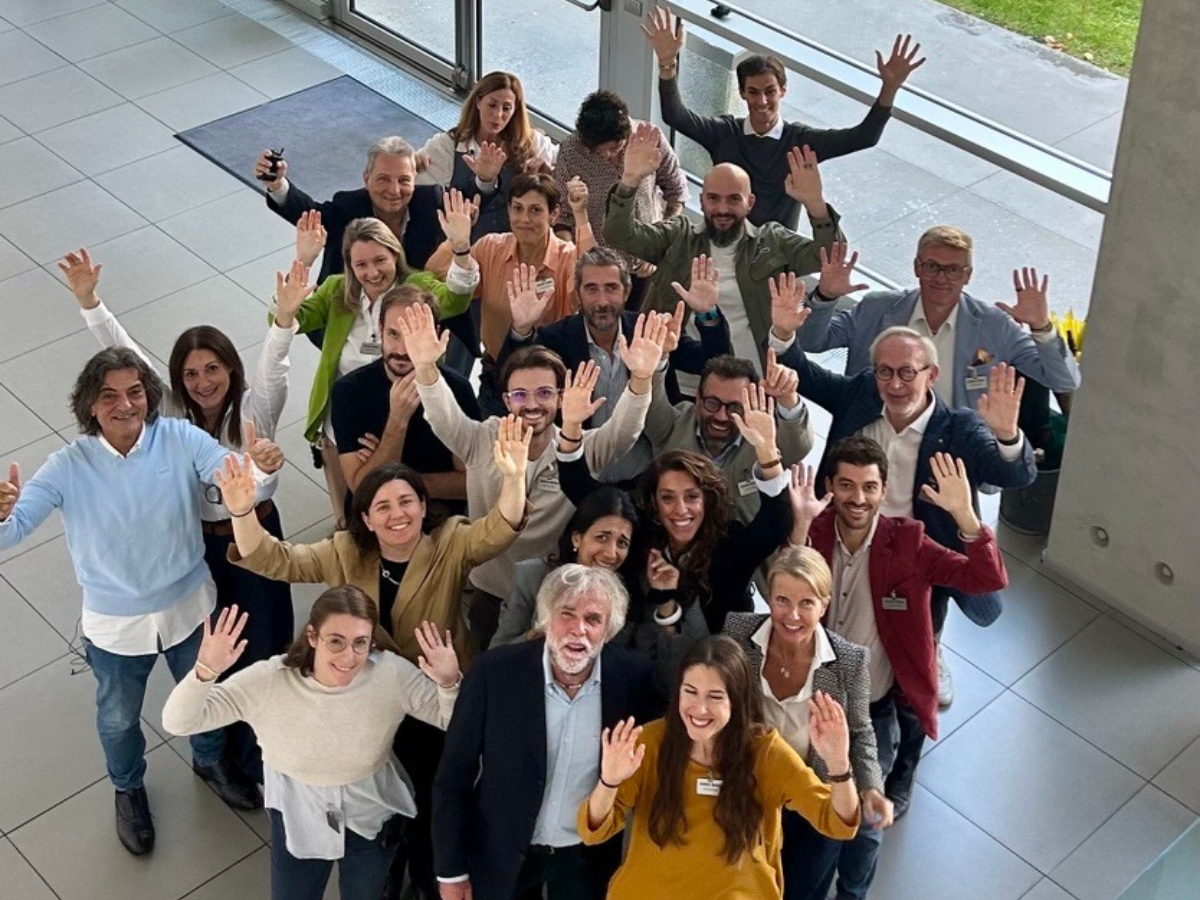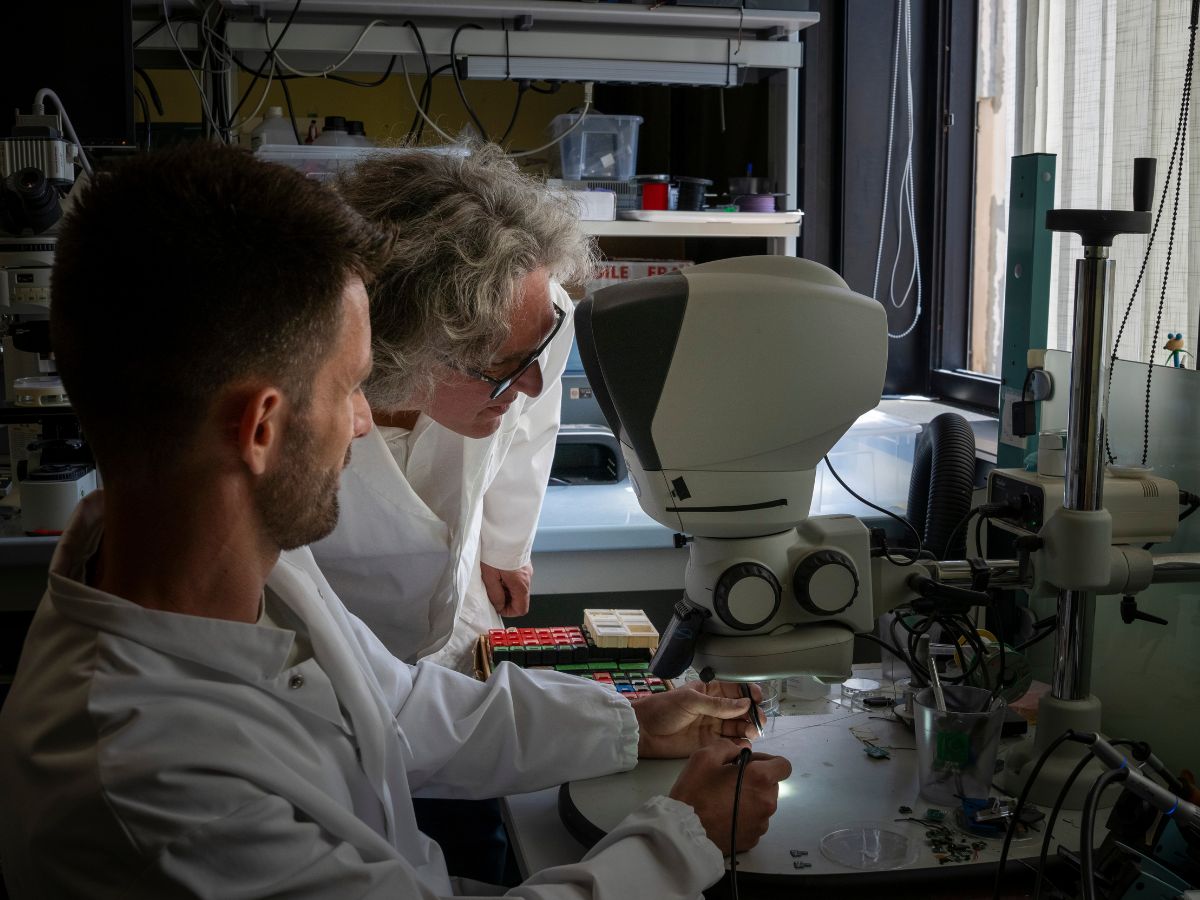Why I love being a scientist
This is not one of those stories that starts with “I’ve always wanted to be a scientist, since I was a little child”. Not at all! Growing up, I wanted to be many things: a painter, a doctor, a philosopher, an architect, an explorer…but never I said “I want to be a scientist”. Thinking about it now, and having experienced how this job suits me and my personality, I suspect that the reason is that I didn’t know what a scientist was nor I’ve ever heard of female scientists. At school, we learnt about kings and emperors; we study what (male) inventors, philosophers and scientist discovered. We heared about Newton, Galileo, Aristotle, Kant and Freud. But we didn’t hear about Ipazia, Elisabetha Koopman Hevelius, Maria Sibylla Merian or Ada Lovelace.
I was lucky enough to be born in a fantastic family that never told me that I was a girl. I know, that sounds weird. What I mean by that is that they never put in the list of “things to factor in when you take a decision” the fact that I am a woman. As a consequence, I always felt free to decide what I wanted to do, without the weight of gender-based expectations and biases. Just following my interests, my curiosity and the signs that life sometimes sends your way. This is what I actually did.
I have always been fascinated by how people behave, how they think what they think and curious to understand why. When time came for me to choose which university going into, I was hesitant between philosophy and psychology, they both seemed appealing as they revolved around the human mind. The decisive factor that helped me choose was the desire of doing something that could also be helpful and beneficial for others. This has brought me to choose psychology with the idea of becoming a psychotherapist. However, few years later, I discovered that there was a path, unknown to me, that was challenging and extremely interesting: neuroscience. I fell in love with it right away and since that first encounter 15 years ago, I’ve been priviledged and lucky enough to be able to study the human brain, and in particular, body representations, that is what the brain knows about the body and how such knowledge is organized.
Doing science doesn’t mean only discovering and understanding , it is also something related to being and acting as a scientist.
First of all, science is inherently democratic. Every single member of the science community can contribute, independently of whether he or she is a professor, a student, an intern or a post doc. If an idea is good, well articulated and supported, it doesn’t metter where it comes from. And this goes for the country of origin, the institution one belongs to etc. If you have a good idea, data to support it and a strong methodological approach, you have a seat at the table.
Science also teaches you how to deal with failure and rejections, because science is full of that. When I finished my PhD, I realised that my thesis contained only half of the experiments that I had run, for the simple reason that the other half did not work. Sometimes your hypothesis is wrong, or your experimental design is not good enough and you don’t get what you were expecting. That study will not be published and you will move to a new project.
But the beauty of science is that even failure teaches you great lessons: you start asking questions about why that study did not work, and what should have been done or you can do differently. And by doing so you find yourself with new questions and new hypothesis, a bit bruised in your ego maybe, but ready to keep asking and answering questions.
Being part of a good team definitely helps in this sense. Discussions, exchanges, arguments, presentations and conferences are what fuel our job, what feed an idea and help it blossom into a good theory. Ours is not a job that can be done alone. I think this is something we already knew and, if we didn’t, definitely figured it out during this pandemic.
The scientific community is also based on a mutual respect and support that goes beyond the walls of one’s group. Peer reviewing is a good example of that. It is a service that we all offer freely, carving time out of our own work time to help improve someone else’s research with basically no return, monetary or otherwise, other than the pleasure of doing science.
But above all, what I like most about science is that it never ends. The stream of questions and hypothesis is constantly growing: every completed study is the beginning of a new one and then another one and so on. This is probably the aspect that suits me the most and keeps me going. It feeds my curiosity and it’s a constant challenge to figure out the answer to the next question.
Lucilla Cardinali is a post doc researcher (Marie Curie Fellow) at the Cognition, Motion and Neuroscience Lab in IIT’s Center for Human Technologies in Genova. Her research programme is part of the MSCA Cofound MINDED project. This project has received funding from the European Union’s Horizon 2020 research and innovation program under the Marie Skłodowska-Curie grant agreement No 754490.

